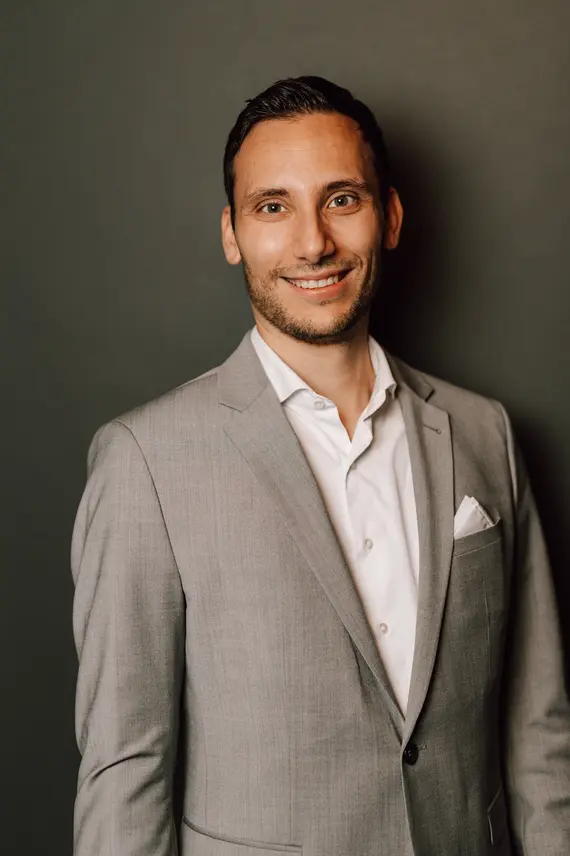Curriculum Vitae
Maximilian Wittmann is an external PhD student in the Gamification Research Group at the University of Bamberg. He is investigating the contribution that gamification can make to reducing emotional and cognitive barriers to intelligent robots. His research is at the intersection of human-machine interaction, robotics, game design, psychology, and software engineering (especially artificial intelligence (AI)). He investigates which impulses and design principles of games can improve collaboration between humans and robots and how technology acceptance can be increased. In this context, he deals with the socially relevant question of how the development of empathy with AI-based robots and their humanisation affects users.
Mr Wittmann works full-time as a product and solution safety expert for safe manufacturing processes in factory automation at Siemens AG. Prior to this, he worked at the engineering firm ipp Dr Volker Klügl as a senior consultant in the field of design control in medical technology and as a software developer at a medium-sized ERP software service provider in Nuremberg. From 2019 - 2024, Mr Wittmann was self-employed on a part-time basis. As part of this activity, he published books as well as online courses and coaching on the subject of Industry 4.0 and digital minimalism.
Mr Wittmann holds an M. Sc. in Mechanical Engineering and a B. Sc. in International Production Engineering and Management from the Friedrich-Alexander University Erlangen-Nuremberg. During his studies, he spent semesters abroad in Shanghai (Fudan University) and Singapore (Curtin Singapore) and completed an internship abroad at Robert Bosch GmbH in Spain. Mr Wittmann has also completed internships in industry (e.g. at ZF Friedrichshafen AG) and worked as a research assistant at several FAU institutes. In 2020, Mr Wittmann also worked as a research assistant at the Technical University of Denmark. He investigated how digital immersive technologies (e.g. VR, AR, wearables, digital twins) can be used for the therapy of stroke patients in cooperation with exoskeleton robots. He also shed light on the role these technologies play in the long-term behavioural change of patients.

